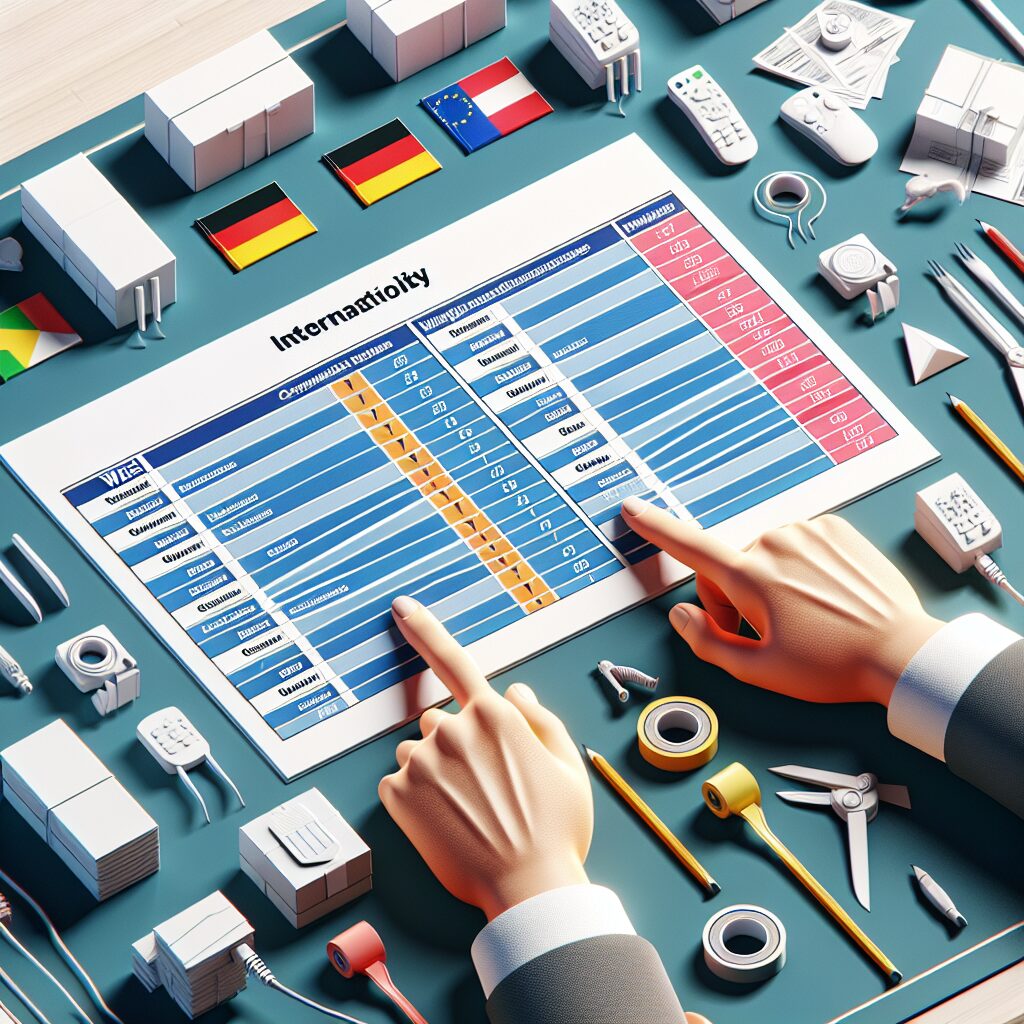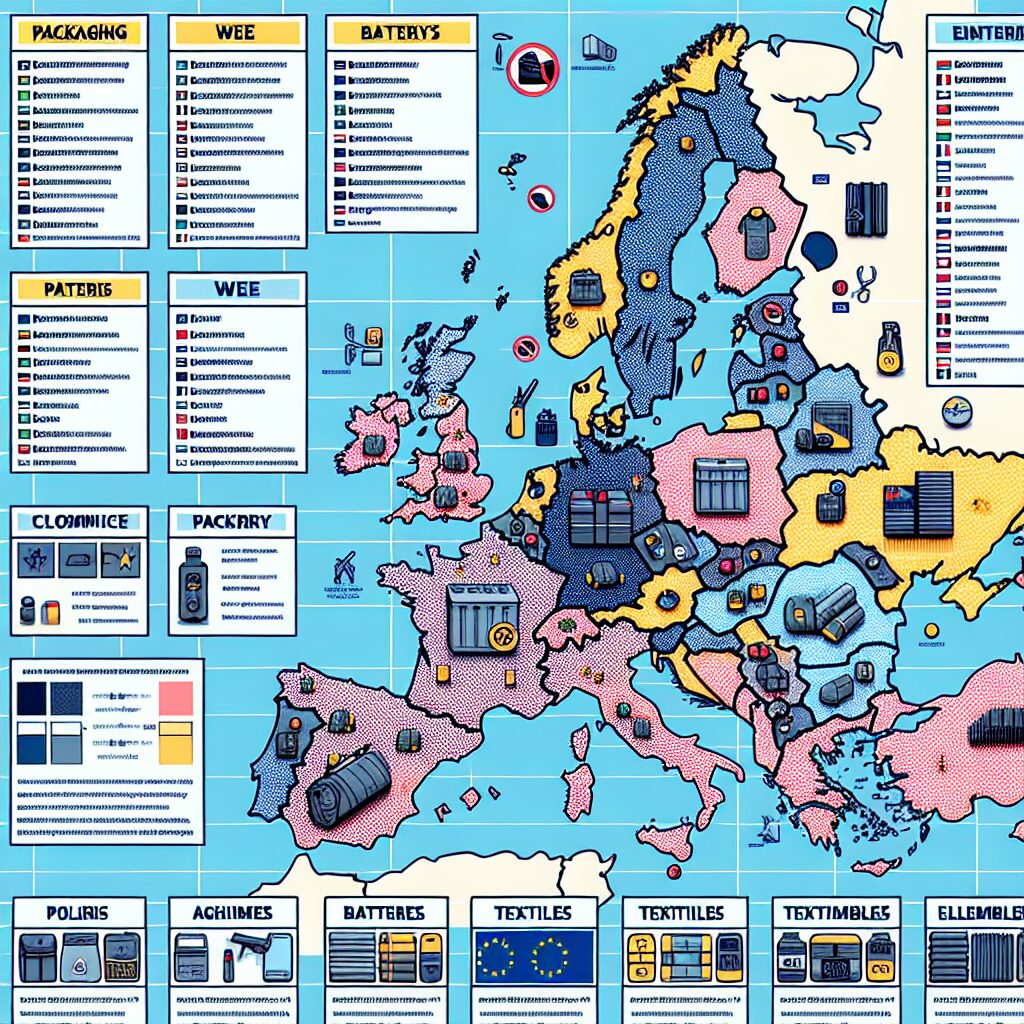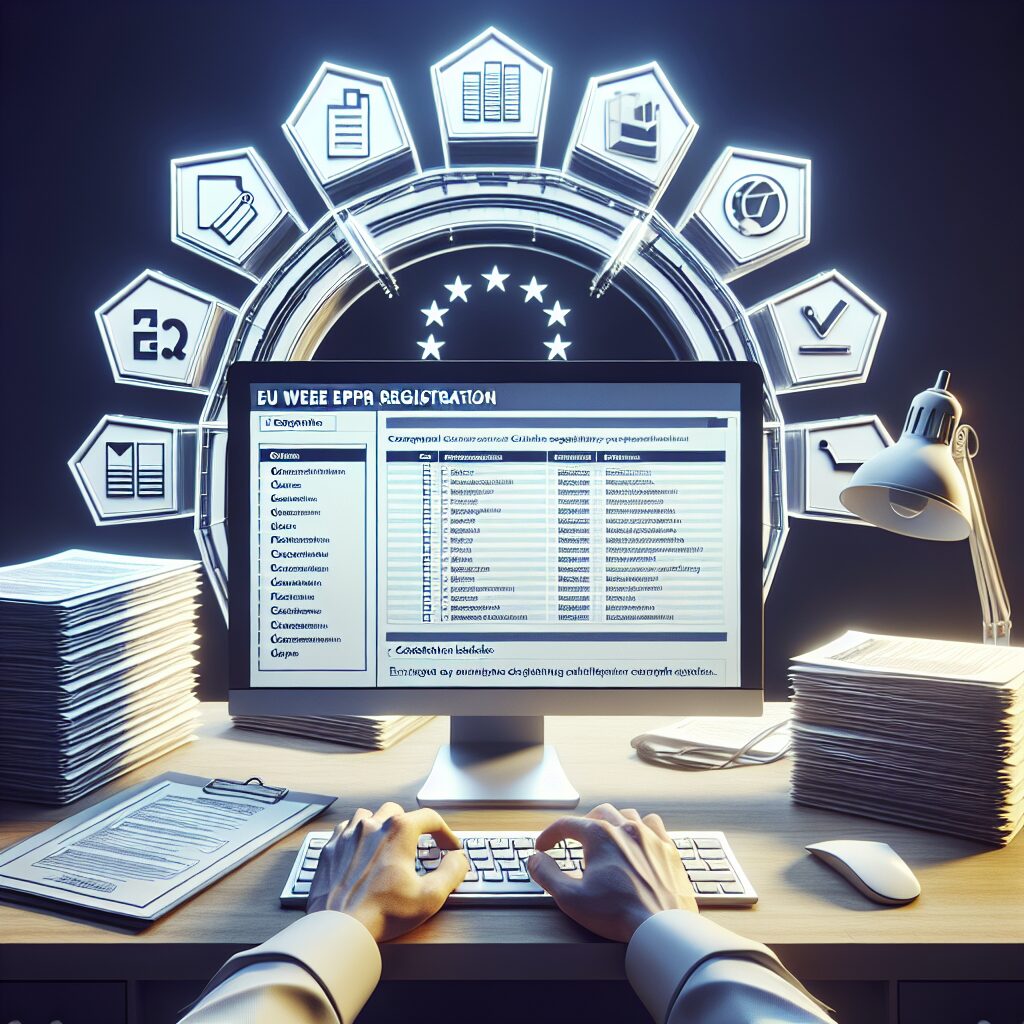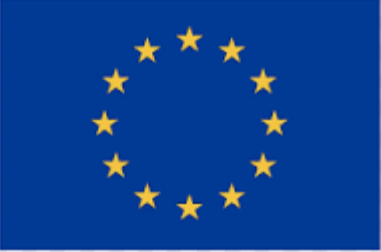About eldris
epr.eldris.ai leads the EPR sector, in fast, automated, AI Agent EU Complaince. LUCID Packaging, WEEE, and Battery Compliance for Brands, E-Commerce and Service based businesses expanding into the EU.
In This Article
- LUCID Registration Germany is mandatory for all producers and distributors in the German market from 2025 onwards.
- Manual submissions often contain errors and are prone to costly penalties and platform bans.
- Automation enables real-time, validated data reporting to the LUCID portal.
- E-commerce sellers benefit from seamless integration with platforms like Amazon.
- The cost of automation is significantly lower than manual compliance management over time.
- Automated workflows ensure complete synchronisation with VerpackG and ZSVR mandates.
- Early adoption of automation creates a foundation for broader EU packaging compliance in the future.
Understanding the 2025 LUCID Registration Shift
What Changed in Germany’s Packaging Laws
The year 2025 marks a pivotal transformation in how companies must handle LUCID Registration Germany. The German Packaging Act (Verpackungsgesetz), or VerpackG, is fully enforcing expanded producer responsibility and algorithmic audits via the Central Packaging Register (Zentrale Stelle Verpackungsregister, or ZSVR). Businesses importing, producing, or distributing packaged goods on the German market are now legally compelled to verify and self-register packaging data accurately and in real-time.
One notable change is the stricter obligation for all market participants to synchronise their packaging quantities with waste disposal partners and report them precisely through the LUCID portal. Failing to do so not only risks penalties and bans from e-commerce platforms like Amazon but also results in damaged brand reputations and ecological non-compliance scores under EU environmental standards.

Common Problems with Manual LUCID Submissions
Why Businesses Face Errors and Fines
Manual LUCID Registration Germany poses several operational and compliance risks. Most businesses still rely on outdated spreadsheets or internal processes to log packaging data, exposing them to human error. Incorrect weight categories, inconsistent material reporting, and mismatched timeline declarations commonly trigger verification flags at ZSVR.
Due to the manual nature of inputs, companies frequently miss submission deadlines or input quantities inaccurately. When these errors are found, it is often too late, and firms are hit with retroactive fines or removed from partner marketplaces. These issues disproportionately affect SMEs lacking dedicated compliance staff, as even a minor oversight may invalidate their registration.
“We thought our manual spreadsheet was sufficient — until Amazon banned our listings for incomplete LUCID data,” — anonymous e-commerce seller in Frankfurt.
Automated LUCID Registration Explained
Automated LUCID Registration Germany is a digital solution designed to eliminate the pitfalls of manual reporting. By integrating directly with a company’s logistics or ERP system, automation tools extract real-time packaging data and convert it into compliant declarations for the LUCID portal.
Through APIs and secured data flows, this solution ensures that submissions are timely, categorised correctly, and matched with dual-system contract data without user intervention. Essentially, automation mimics a compliance officer—but operates faster, without fatigue, and scales efficiently as packaging volumes grow.
How Compliance Automation Solves Data Errors
Automation not only ensures adherence to LUCID Registration Germany requirements but also actively prevents misreporting. For instance, intelligent scripts validate data against ZSVR packaging categories and depot receipts. If a discrepancy is found, the tool flags or auto-corrects the report, significantly reducing the risk of receiving audit penalties.
Standardising Packaging Categories and Quantities
One of the most effective ways these systems protect businesses is through repeated data validation and templating. Each packaging declaration follows a standard protocol that aligns with German regulation schemas. This removes the ambiguity behind material types—something that commonly trips up manual submissions.
As a result, consistent, verifiable records are maintained throughout the supply chain, improving transparency and future-proofing the business against regulatory shifts.
Benefits for Amazon and E-Commerce Sellers
LUCID Registration Germany plays an outsized role for cross-border sellers reliant on platforms like Amazon, eBay, and Zalando. These platforms now mandate active LUCID verification as part of their seller registration protocols. Automated registration systems can feed LUCID IDs and synchronised data directly into seller portals, ensuring profiles do not get deactivated or restricted.
Moreover, the packaging levy that sellers must pay based on reported volumes is often reduced when data submissions are consistent. Automation supports granular tracking, making it easier to avoid over-reporting and overpaying. Thus, sellers benefit financially and legally from automation-led compliance.
Step-by-Step: The 2025 Automated Registration Workflow
Automating LUCID Registration Germany in 2025 involves several defined steps:
- System Integration: The business’s ERP, CRM, or fulfilment data is linked via secure API connectors.
- Agent Mapping: Inventory SKUs are mapped against standard LUCID packaging classifications.
- Real-Time Monitoring: Each outbound shipment triggers data logging, which is cross-referenced with packaging weight and material.
- Auto-Reporting: Monthly or quarterly submission schedules are automated to the LUCID system.
- Audit Backups: Report logs are archived to meet audit-readiness criteria from ZSVR.
Every step is designed with error-proofing in mind, making unintentional omissions virtually impossible.
Integration with German VerpackG Regulations
The packaging legislation has evolved beyond environmental policy—it now constitutes a commercial gateway requirement. Automation ensures full harmony with the VerpackG 2025 upgrade, which includes new metrics for recyclability and material traceability. By ensuring that LUCID submissions align with these extended compliance dimensions, businesses can claim dual benefits: operational legality and sustainable credentials.
Furthermore, automation platforms often offer module extensions tailored to upcoming initiatives such as the EU’s Digital Product Passport. Integrating packaging and broader lifecycle data opens the door to pan-European compliance strategies.
How LUCID Automation Prevents Future Penalties
Non-compliance is not treated lightly in the German market. Violators face sanctions ranging from five-figure administrative penalties to a complete sales ban. With LUCID automation, the threat of such outcomes is mitigated through preventative data integrity checks, live submission confirmations, and system alerts for missing data fields or expired producer contracts.
Essentially, automation operates as an early-warning system. It intercepts potential errors before they escalate to financial consequences or legal disputes. That’s a substantial safety net that manual submissions simply can’t offer.
Costs and Timelines Compared: Manual vs Automated
In cost-benefit comparisons, automated systems often outperform manual workflows within 6 to 12 months. Manual LUCID representation typically requires a part-time employee or consultant, costing anywhere from €3,000 to €7,000 annually. If a mistake leads to fines, this figure can quickly double.
In contrast, automation subscriptions range from €500 to €2,000 per year depending on shipment volume and functionality. More importantly, the system delivers around-the-clock monitoring and won’t miss a submission deadline. This consistency reduces the total cost of ownership and boosts enterprise resilience.
Why 2025 is the Year to Drop Manual Submissions
The updated regulatory ecosystem in Germany reserves little patience for excuses. While leniency existed during the early years of VerpackG enforcement, ZSVR has now shifted focus towards digital auditing, expecting companies to maintain proactive and automated compliance records.
Given the increased scrutiny, reliance on manual inputs is risky and outdated. Certification bodies now prioritise audit trails, dynamic data synchronisation, and scalable systems. Businesses looking to grow post-2025 simply cannot afford the uncertainty that manual workflows generate.
Where to Get Started with LUCID Automation
Transitioning to automated LUCID Registration Germany is straightforward with expert guidance. Start by assessing your current packaging data management system. Are your packaging volumes tracked in real-time? Are they categorically classified by weight, material, and recyclability?
If the answer is no, consider a trial-based solution that offers full integration with your logistics provider. Several providers offer onboarding support that includes setting up API keys, mapping packaging SKUs, and aligning dual system contracts. Partnering with a trusted automation vendor ensures that implementation adheres to local technical and legal standards.
Access up-to-date resources through Learn more about EU Packaging & EPR Compliance or schedule an onboarding demo with a recognised vendor via 2025 EU compliance essentials for non-EU Amazon FBA sellers.
Your Packaging Compliance Strategy for the EU
Compliance does not end with Germany. As the EU drives towards standardised environmental laws, automation will become indispensable. From France’s CITEO system to Italy’s CONAI rules, producers must report similar data across borders.
LUCID Registration Germany serves as a model for how precision reporting and automation underpin sustainable growth. By adopting automation now, businesses will be future-ready for every compliance challenge the EU puts forth next.
To expand your compliance to additional EU jurisdictions, consider pairing your LUCID solution with pan-European integration tools outlined here: Read a related article.
[CONCLUSION_CONTENT]
Great guide on automated-lucid-registration-how-it-works-in-2025-manual-lucid-submissions-create-errors-and-missing-registrations-that-trigger-german-penalties-automated-lucid-registration-standardises-data-su – Community Feedback
What is the Lucid Germany law?
LUCID Germany is the central registration platform for packaging compliance, ensuring companies register packaging to meet legal requirements and maintain fair competition. It manages packaging data and enforces German VerpackG regulations.
Is Lucid registration free?
Registering with LUCID is free. Companies must create an account, provide required business and packaging data, and declare packaging volumes. A video guide supports users through the process.
How to register Lucid?
Begin by entering master data such as your company address and contact details. After account creation, follow the guided steps to submit packaging data and receive your LUCID registration number.
Do I need a Lucid number to ship to Germany?
Yes. As of July 2022, all companies shipping packaged goods to Germany—including Amazon and e-commerce sellers—must register and obtain a LUCID ID, even for wholesale shipments to German retailers.










